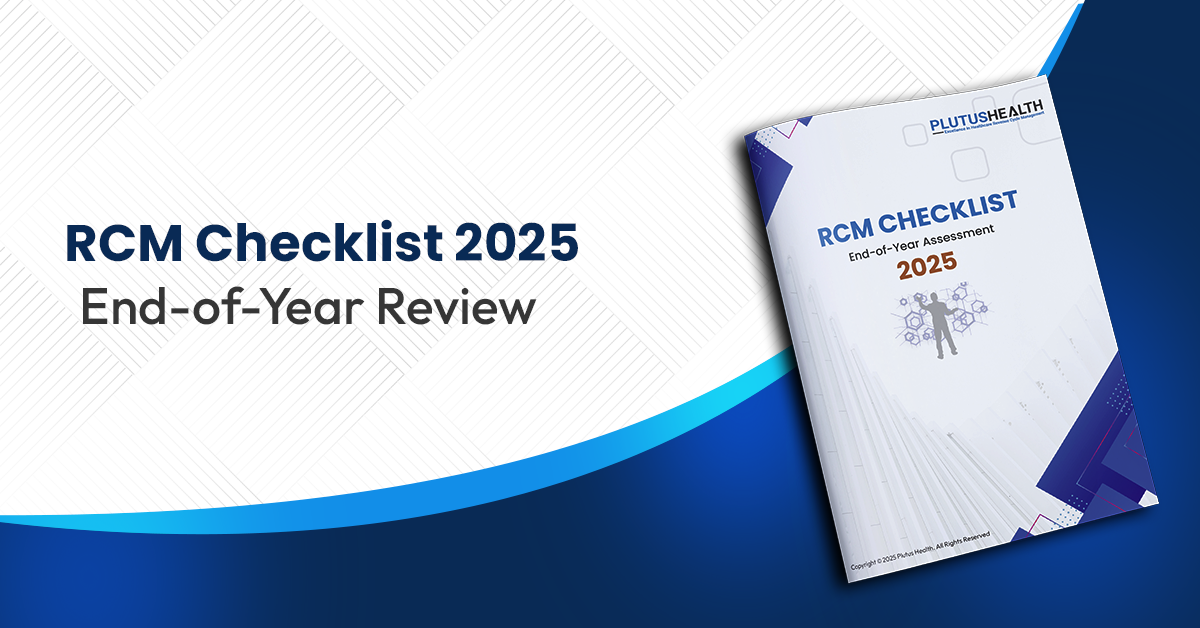Successful Medical Billing Charge Entry
What Are The Steps My Practice Needs To Take To Successful Medical Charge Entry?
Charge entry is the very first step in the medical billing cycle. Ensuring that this first step has a solid process in place sets your practice up for a healthy revenue cycle.
Assigning medical codes is an integral part of the charge entry process. It’s easy to make critical mistakes that can cost thousands of dollars in lost revenue during this step.
To ensure that your practice’s charge entry process is helping and not hindering your RCM workflow, be sure to take these proven steps for success:
- After you gather patient billing and visit information, double-check your information for accuracy before entering it into the system
- Identify areas of information that are typically missing or incorrect, and deliver clear instructions to the patient or front desk staff for gathering this information correctly the first time.
- Make sure that your team of medical coders have the latest information on the recognized medical coding systems.
- Identify common mistakes coders make during the coding phase of medical charge entry. Use this data to create a best practices document for your medical coding team. This ensures that common mistakes are addressed and corrected before being sent out, decreasing the chances that claims submissions are rejected or denied due to misinformation or preventable errors.
Does your practice have a high number of denied or rejected claims due to incorrect patient billing or medical coding information? If so, it’s time to improve your charge entry process to increase your overall revenue.
If you’d like to outsource your practice’s medical charge entry to strengthen your overall RCM process, contact the billing experts at Plutus Health. Our healthcare billing professionals offer end-to-end services that improve either specific areas of your RCM process or your entire revenue cycle.


















































